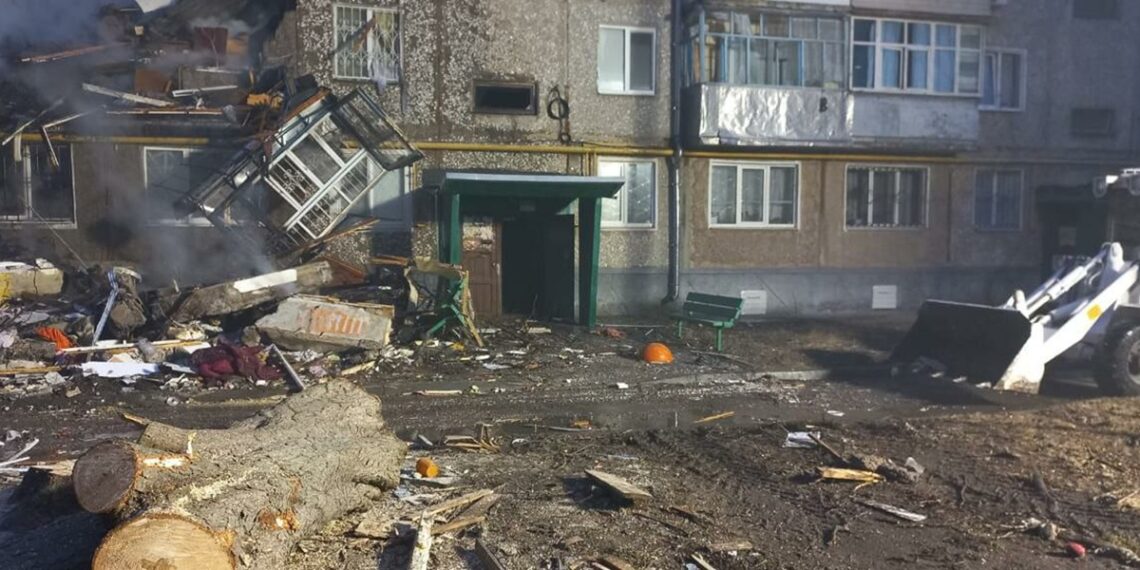As the new academic year began on Monday, schoolchildren in parts of Ukraine returned to lessons held underground, a stark reminder of a war that shows no sign of ending.
In the village of Bobryk in northern Sumy, near the Russian border, one school has relocated its entire setup to a basement. The move was made two years ago when air raid sirens frequently lasted up to 20 hours, making normal classes impossible.
The once-damp storage space has since been transformed with ventilation, lighting, and new flooring.
“This generation cannot be lost,” said principal Oleksii Korenivskyi. “Time is the only thing we cannot recover. Education is their future, and we must fight for it.”
On the first day, children arrived in embroidered vyshyvanka shirts, a nod to Ukrainian tradition. Teachers’ desks overflowed with fresh flowers — a customary gift marking the start of the school year.
The classrooms, separated by thick plastic sheets, have no windows or doors. The narrow underground corridors echo with lessons as students adjust to life below ground. For many, this has become routine.
Vlada Mykhailyk, 15, is among those preparing to leave Ukraine with her younger brother for Austria, fearing for their safety.
“We live well, but sometimes it’s sad,” she said. “We often hear drones and explosions. If it’s a choice between online classes and the basement, the basement is better.”
The school currently has around 100 students, though some families have already left since the full-scale invasion began.
For a small village of 2,000 residents, each departure is deeply felt.
ALSO READ: Nagaland Assembly to debate ban on ‘satanic worship’ amid rising concerns
In a first-grade classroom, a teacher opened a textbook showing a complete map of Ukraine, unmarked by occupied territories.
“Our region is next to Russia,” she explained. “That’s why it’s so hard here. They bomb us because we are close to this neighbor.”
Despite the fear and disruption, moments of normalcy endure. When asked about their summer, younger students shared stories of bike rides and helping parents.
Then, one voice quietly added: “A Shahed drone was intercepted above us, and there were fragments.”
Across Ukraine, such adaptations have become essential to keep education alive under constant threat. For Bobryk’s children, learning underground is no longer extraordinary — it’s the new normal.















